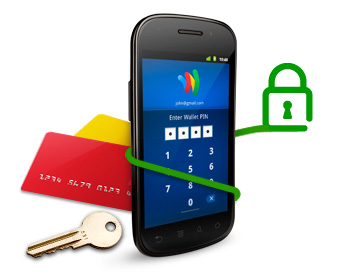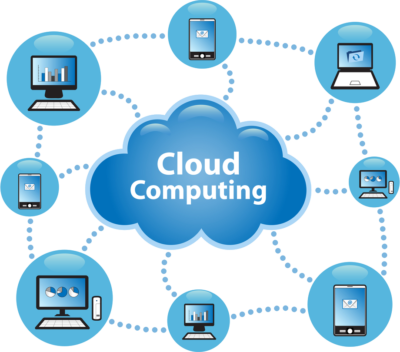Financial Technology is a growing industry and how will it shape the future of business transactions?

Image Source: https://letstalkpayments.com/wp-content/uploads/2016/01/SEA-FinTech-companies.png
In an article, written by Rebecca Campbell Fintech is drastically growing in the Asian market.
For example in India, they demonetized the banknotes, the Rs 500 and Rs 1000. How does this affect people’s wealth? Also inside the country many people are adopting Bitcoin, but are the conventional banks able to keep up?
While FinTech and Financial Information Systems are both directly related to each other. It’s important to note how the importance of FIS will become in the near future.
Countries such as China and Japan has drastically increased their investments in FinTech. There has also been legal agreements between countries promoting FinTech.
Countries and companies themselves will now have to invest more into Financial Information Systems and the need to keep these systems secured and efficient are becoming more urgent than before.







